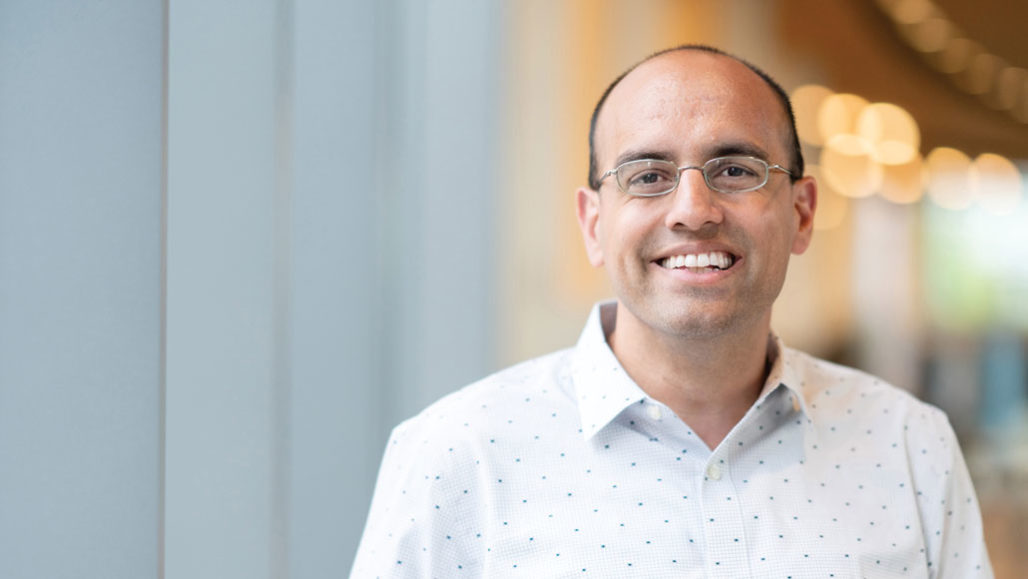School choice, which allows children to move away from neighborhood schools, doesn't by itself improve school quality, although it may allow under-performing schools to become smaller, which may make them easier to fix, or to close.
Here are two recent assessments of two different transportation options available to Boston public school students. Both conclude that school quality matters.
The first is an op-ed in the Boston Globe saying that school choice among Boston public schools has led to too much transportation and not enough innovation. (One of the authors, Parag Pathak, played a critical role in designing Boston's current school choice system.)
Boston needs to reexamine school assignment system
Rather than investing in high-cost travel to send students to schools across the city, Boston should consider redirecting those funds toward improving schools close to home.
By Joshua Angrist, Parag Pathak and Amanda Schmidt
"Boston’s school assignment system has changed considerably since the 1970s. Busing today is voluntary: Students can choose to attend schools far from where they live as well as a range of neighborhood schools. This choice allows historically disadvantaged students to attend schools with more peers of different backgrounds, an option that many choose. Roughly three-quarters of students opted to enroll in non-neighborhood schools in the 2000s and 2010s. A recent study by our organization, MIT Blueprint Labs, shows that today’s assignment system works in the sense of facilitating integration.
However, the costs of the current system are high. Among the 100 US school districts with the highest enrollment, Boston maintains the greatest per-student transportation costs in the country. As of 2021, the city spent over $2,000 per student on travel, equivalent to 8 percent of per-pupil school spending.
Furthermore, the educational gains afforded by district-wide choice are less clear than the integration gains. Our research, which uses credible, randomized methods designed by Blueprint Labs to gauge the causal effect of enrollment at different types of schools, paints a nuanced picture of the benefits of travel to non-neighborhood schools. Black and Hispanic students who travel to a non-neighborhood school have more white and Asian peers than they otherwise would. But travel does not impact learning as measured by MCAS scores, high school graduation rates, or college enrollment. We argue that this is because in the current BPS choice system — unlike the separate and unequal system of 1974 — the schools students travel to are no better than those nearby.
...
"The vast sums that now go to cross-neighborhood transportation might be better spent. The city might instead invest in programs with proven educational benefits. Saga Education’s effective high-dosage tutoring program, for example, cost just $1,800 per student in 2023. This spending may do more to close racial achievement gaps than non-neighborhood assignment.
"Some might counter that choice is intrinsically valuable and that neighborhood schools are likely to be more segregated than the schools that many historically disadvantaged families choose today. These undeniable benefits must be weighed, however, against alternative uses of the money that flows to busing. Boston schools have improved greatly since 1974: Dropout rates for all students have declined, and gaps by race, while still present, have narrowed. School assignment plans originating in 1974 may therefore be less useful today. It’s time to consider changing transportation policy in light of these changes in the city’s education landscape."
#######
Here's a paper, about a different transportation program available to some* Boston students, which takes them out of Boston to schools in neighboring towns and cities in the metropolitan area. Moving to those suburban schools apparently improves student performance more than moving from one Boston school to another.
Busing to Opportunity? The Impacts of the METCO Voluntary School Desegregation Program on Urban Students of Color by Elizabeth Setren, NBER Working Paper 32864, DOI 10.3386/w32864, August 2024
Abstract: School assignment policies are a key lever to increase access to high performing schools and to promote racial and socioeconomic integration. For over 50 years, the Metropolitan Council for Educational Opportunity (METCO) has bussed students of color from Boston, Massachusetts to relatively wealthier and predominantly White suburbs. Using a combination of digitized historical records and administrative data, I analyze the short and long run effects of attending a high-performing suburban school for applicants to the METCO program. I compare those with and without offers to enroll in suburban schools. I use a two-stage least squares approach that utilizes the waitlist assignment priorities and controls for a rich set of characteristics from birth records and application data. Attending a suburban school boosts 10th grade Math and English test scores by 0.13 and 0.21 standard deviations respectively. The program reduces dropout rates by 75 percent and increases on-time high school graduation by 13 percentage points. The suburban schools increase four-year college aspirations by 17 percentage points and enrollment by 21 percentage points. Participation results in a 12 percentage point increase in four-year college graduation rates. Enrollment increases average earnings at age 35 by $16,250. Evidence of tracking to lower performing classes in the suburban schools suggests these effects could be larger with access to more advanced coursework. Effects are strongest for students whose parents did not graduate college."
*"The program is very popular: 50 percent of Black youth in Boston applied and 20 percent of Latinx youth in the past 20 years"
...
"After demonstrating the comparability of students with and without offers, I estimate the impact of receiving an offer to the program and the impact of participating in the program. Offers to enroll in suburban districts serve as instrumental variables and all models control for approximate waitlist position using age at the time of application, gender, and race controls. Therefore the estimates compare the outcomes of those who enroll in METCO to applicants with similar demographics, who applied at similar times, but did not enroll because they were not selected from the waitlist."






